Because yes, we appreciate the extra flexibility. But most of us still want to spend the majority of our working time in the workplace – 3.5 days a week for men and 3.1 days a week for women. And most companies, even the modern and progressive ones, still have an “office-first” approach to what they expect from their employees. There is a good reason for this because even though culture doesn’t sit in the walls, it is created between people. And when we say goodbye to the physical space, we also say goodbye to a lot of intimacy, closeness, and confidentiality. Something we need to replace in other ways. The world’s most comprehensive study of what creates a good life unequivocally points to the most important factor for our well-being as good relationships with other people – belonging and connectedness.
A research group from Oxford last week showed how digital teaching and school closures during the Corona pandemic have led to significant learning loss among school children, which can still be measured here two years after the first school closures. My own nephew, who is one of the absolute finest people I know but needs an extra hand in academic terms, gave me his heartbreaking story of how he used to be able to compensate for his lack of academic flair by being able to ask his “stupid” questions to his teacher during more confidential breaks. Now – with digital teaching – he was either silent in class for fear of being exposed in front of everyone or relegated to writing on Aula and maybe getting an answer in 3-4 days.
Similar effects are taking place in our organizations as we recruit and onboard new colleagues virtually and increasingly meet and interact with each other in virtual environments. While we gain comfort, efficiency, and, for some of us, time, we also lose out on culture, cohesion, community, and tacit knowledge. After two years in the virtual cave, it can be hard to adjust to the outside world. There are other people on the road, loud noises around us, and the coffee machine is further away. It’s no wonder that the first people who emerged from Plato’s cave quickly sought refuge in the darkness again. They were overwhelmed by the light, by how the world really is, and so they retreated and settled for looking at shadow images of the real world. In the dark, you can wear sweatpants and slippers without anyone noticing. You can reach both the coffee machine, the toilet, and the bedroom within a short radius of your desk. Here, there are only planned or self-selected distractions.
Yes, life is hard, but it’s all the difficult things that give meaning to the good. And it doesn’t make sense for us to stay in the cave for too long at a time. So before we devolve into a clinical, meta-verse version of what it means to belong in an organization, we should cultivate our humanity and culture, now more than ever. In a future where we have more pixels and fewer physical interactions to create the same necessary sense of belonging and presence, we should at a minimum train our muscles, our processes, and our structures to reinforce what used to come naturally but now requires active effort.


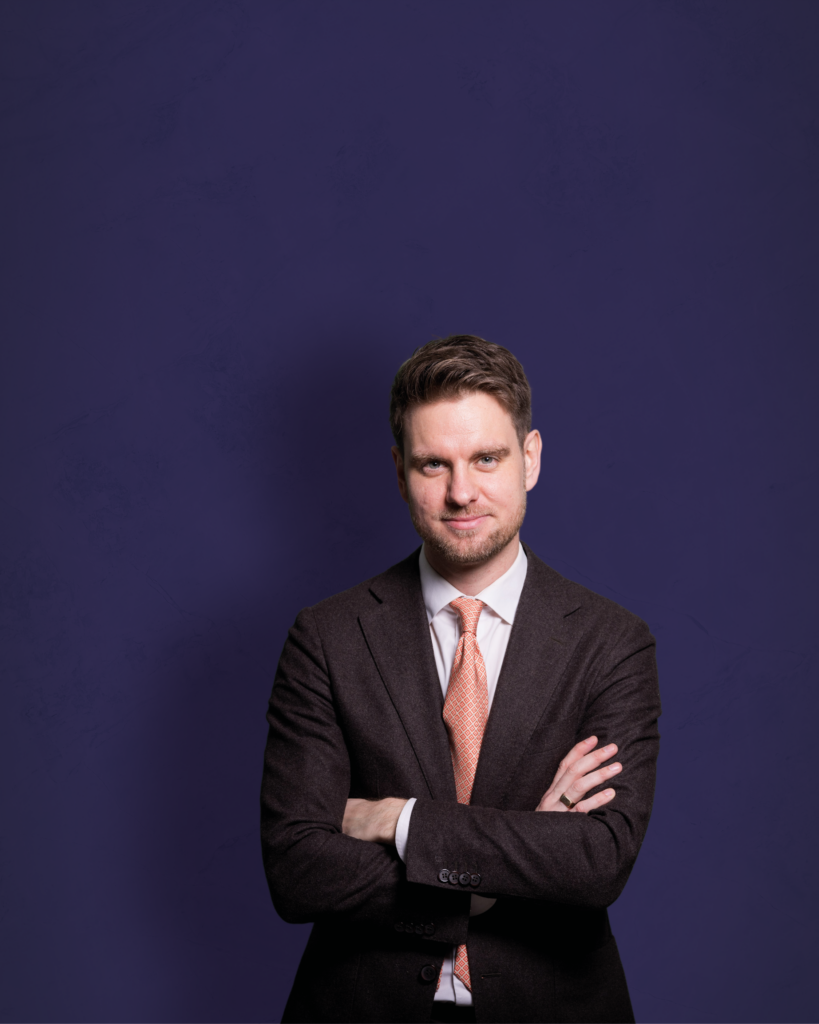


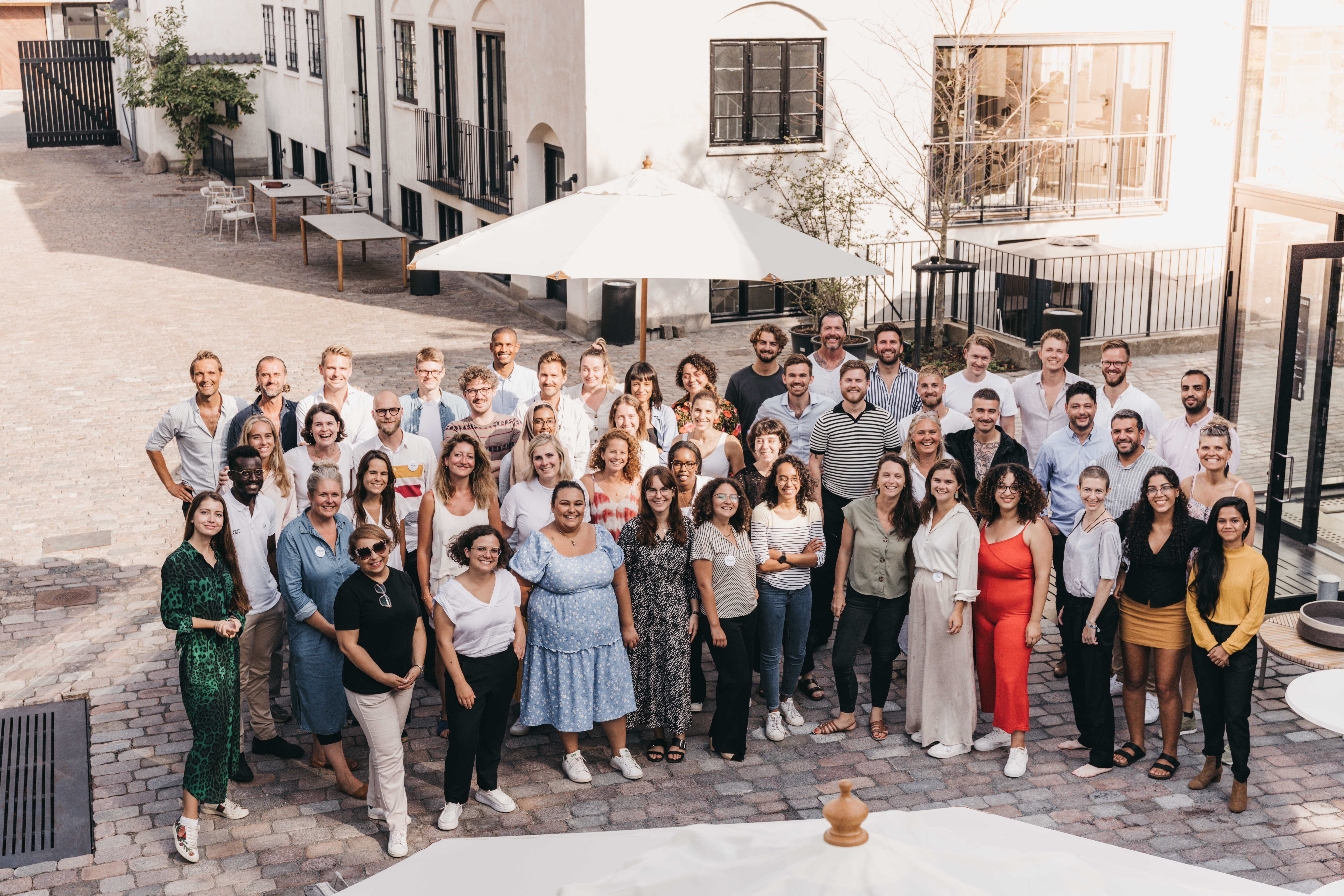




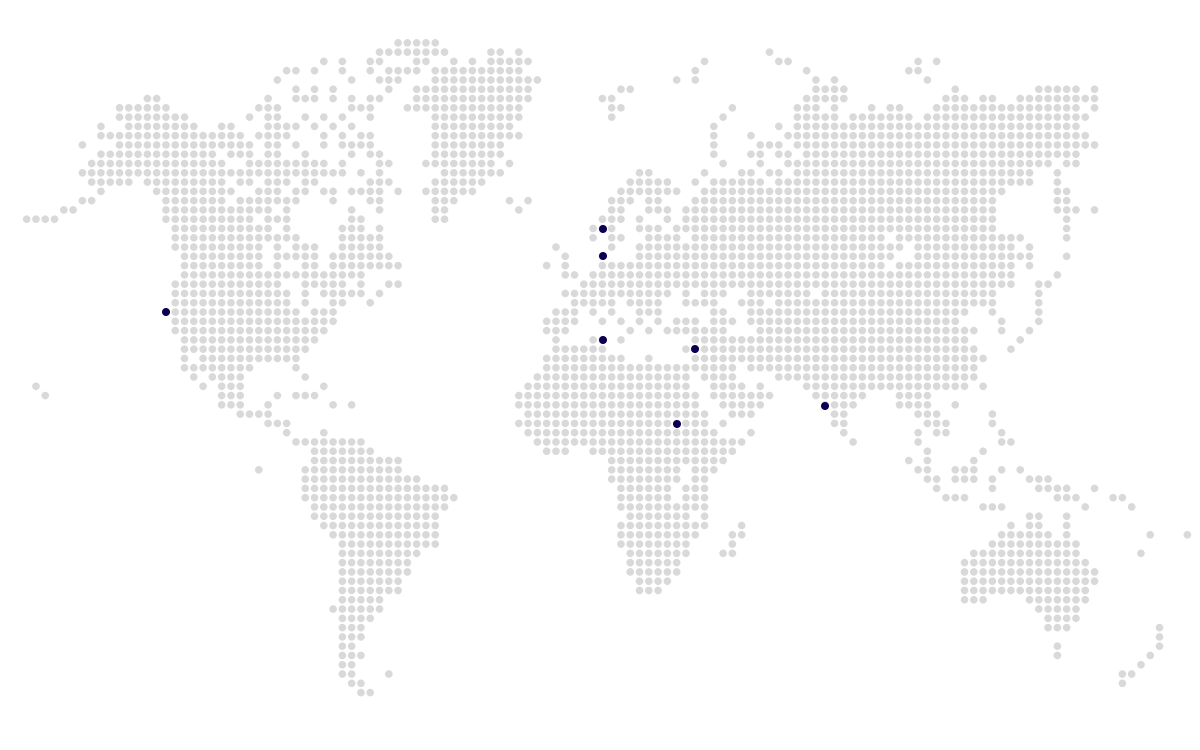
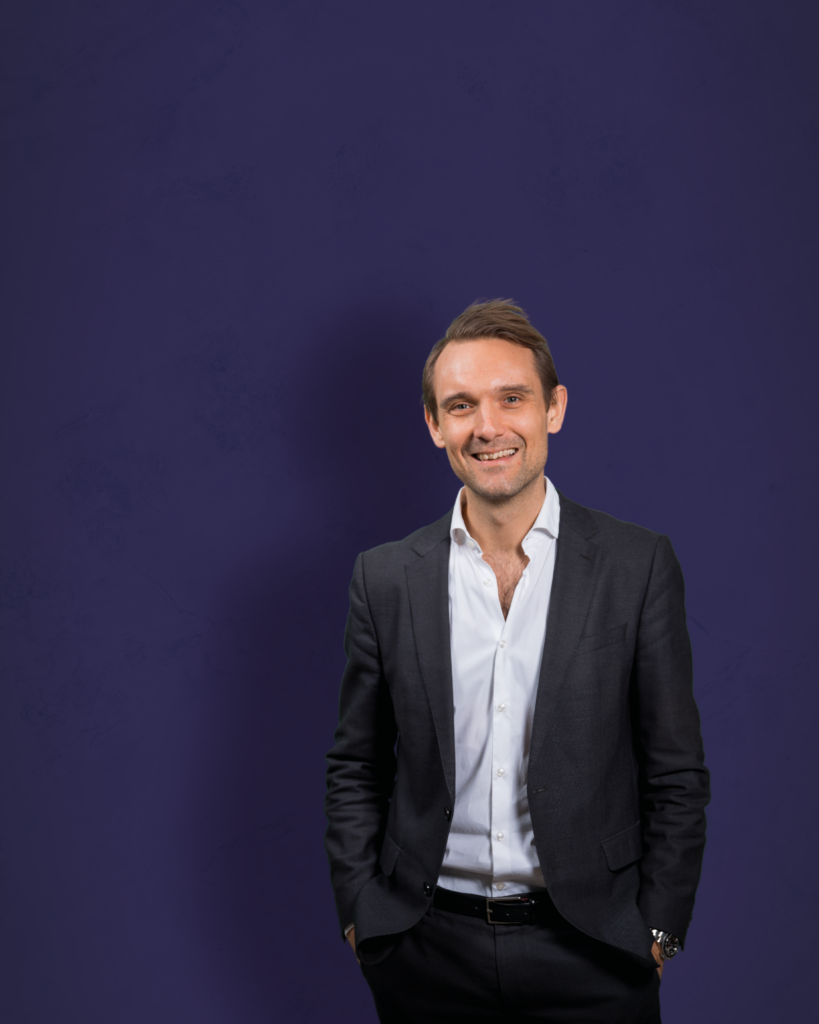



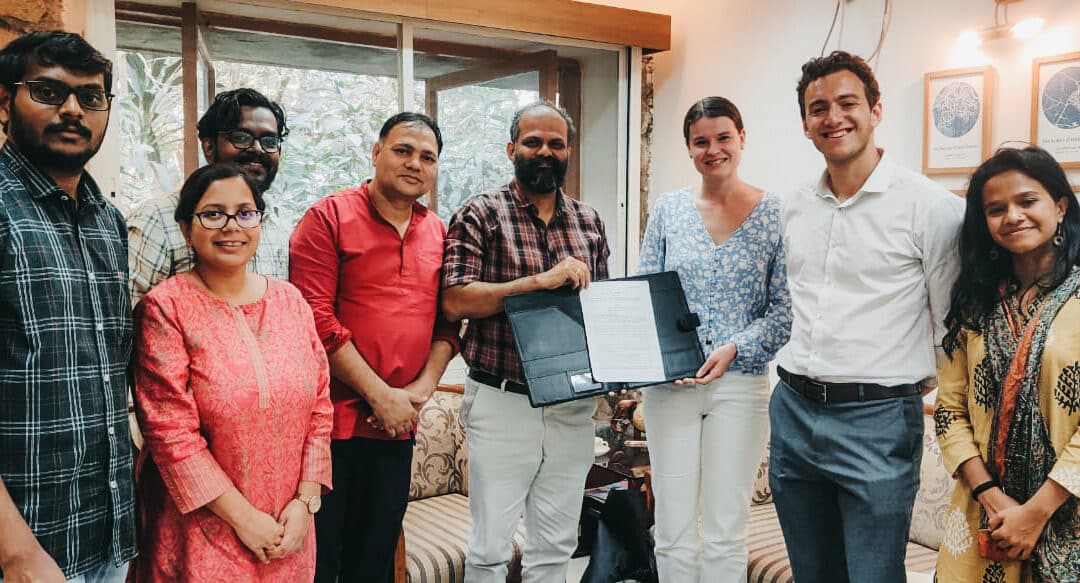
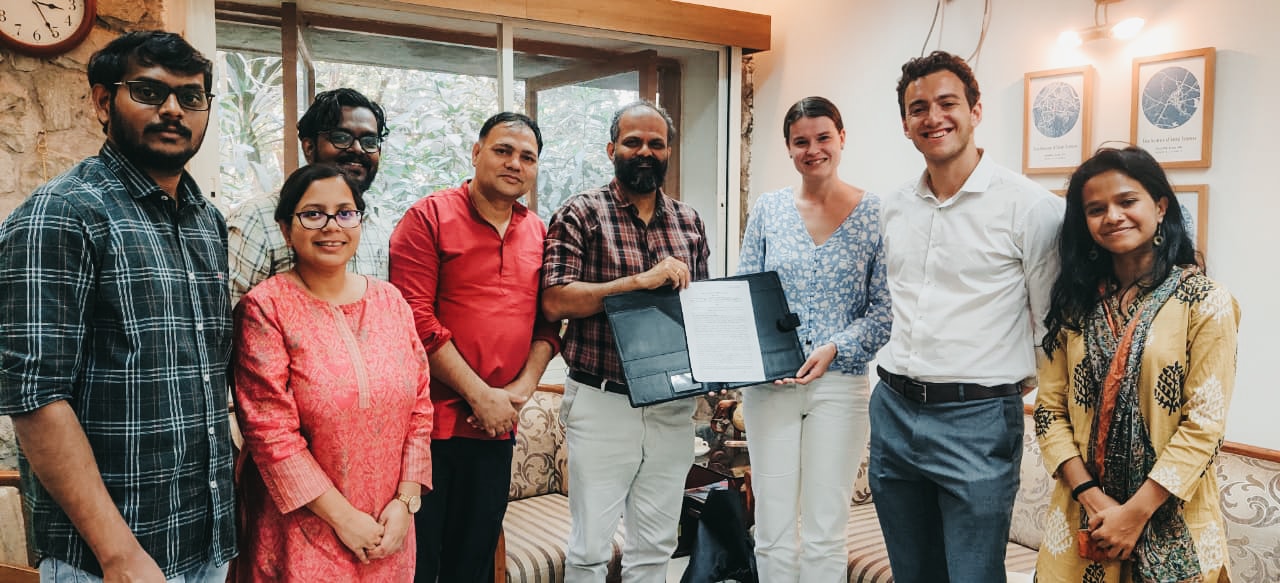
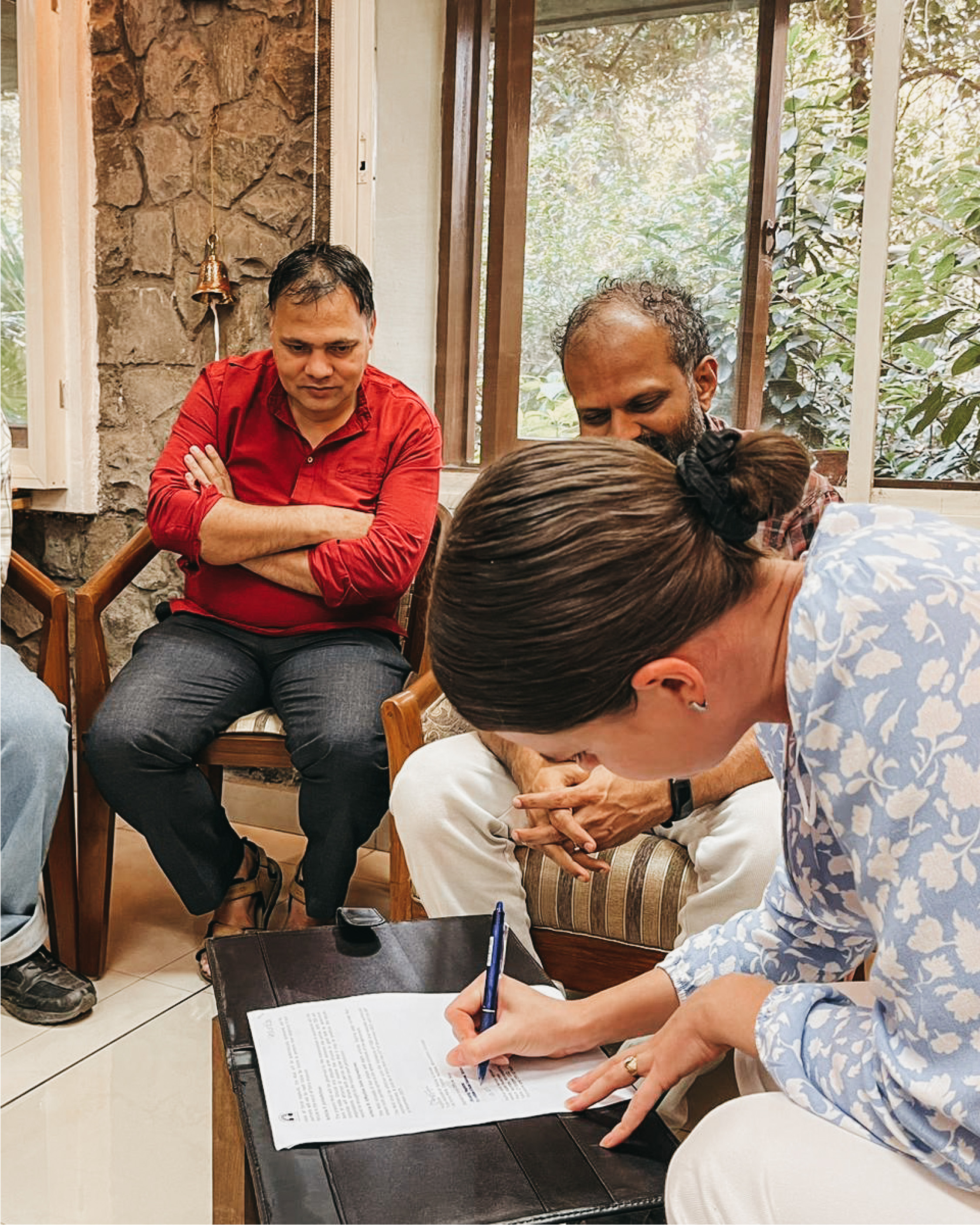
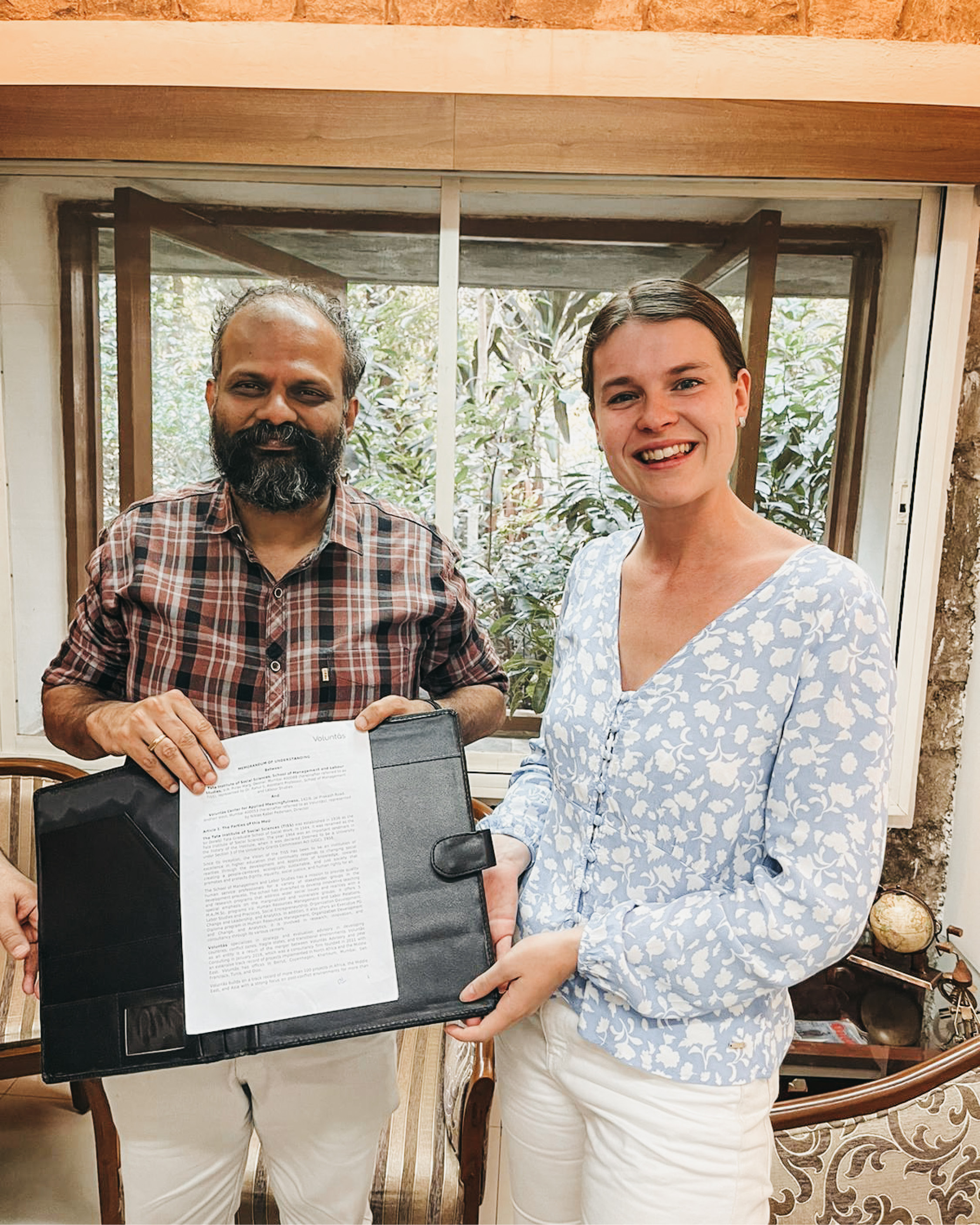
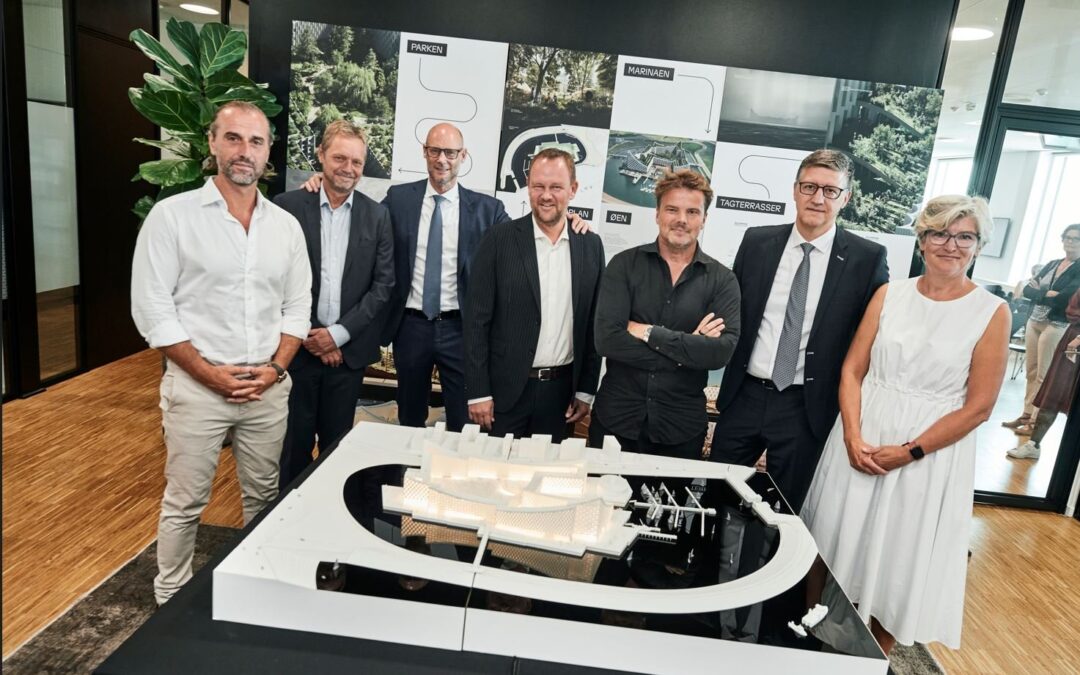



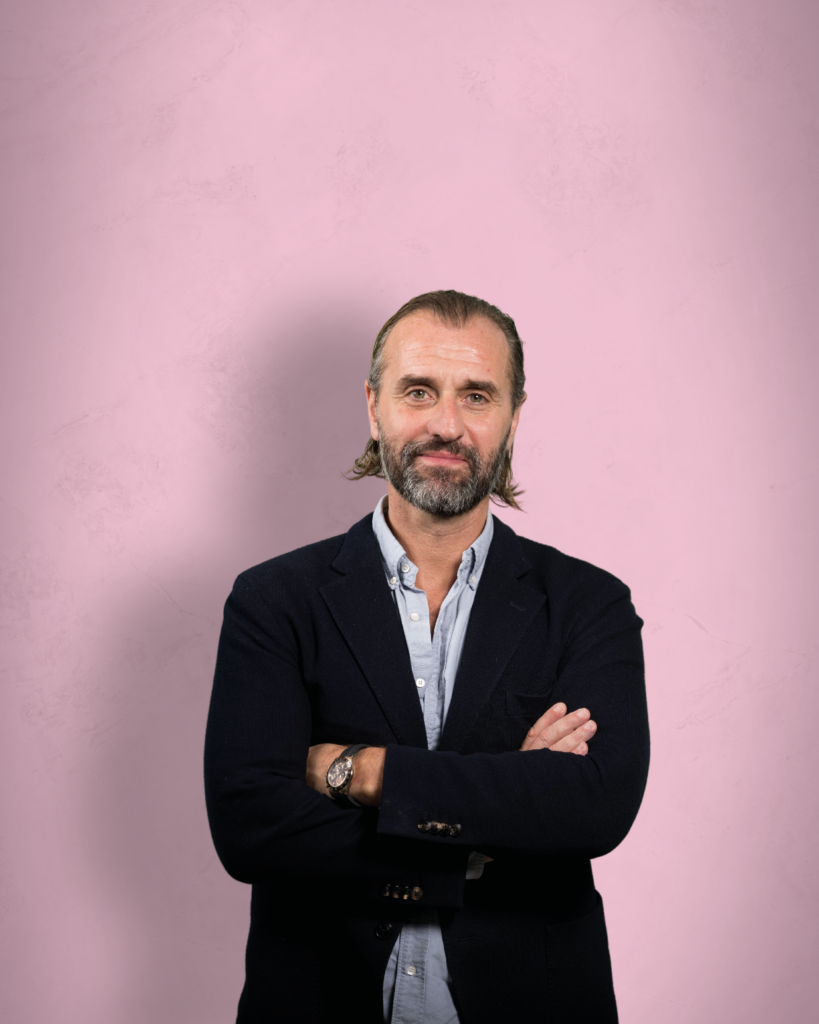
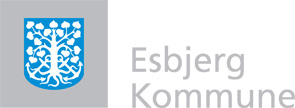






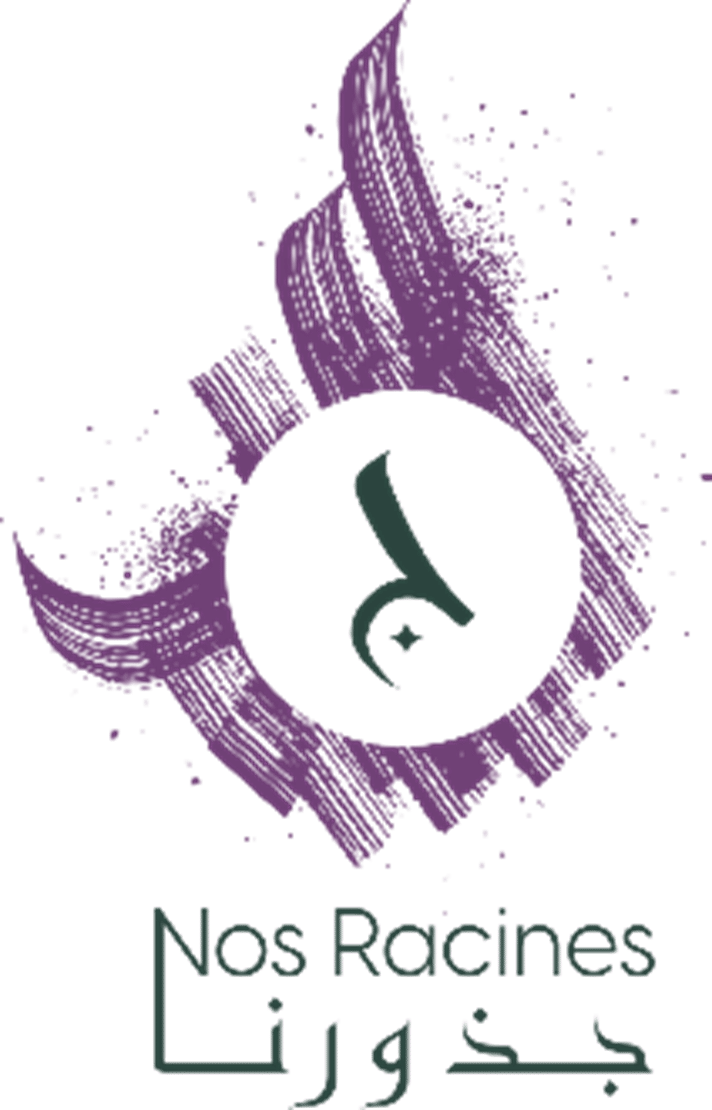

Recent Comments